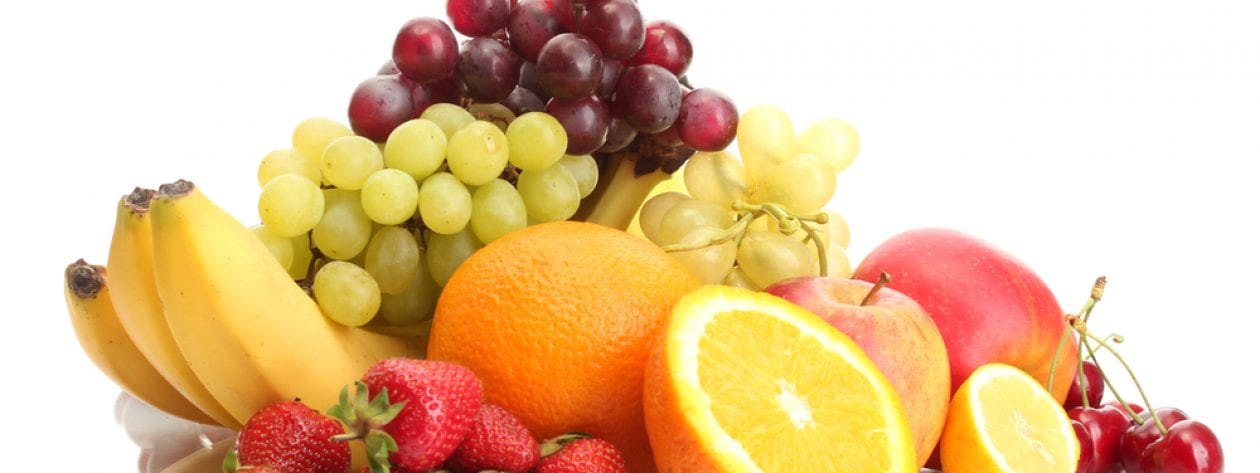Hello Penn Staters! Today’s post is all about Kombucha. “What’s the deal with this new tea that everyone is drinking now?” you may be asking yourself. The fizzy, vinegary, fermented tea can be an acquired taste for many, but it may have some health benefits! Kombucha is literally everywhere. You can find it in the grocery store, at the local farmers market, on tap at your local coffee shop… it’s even sold in some of the dining locations on campus!
Kombucha had periods of popularity dating back to the 90’s when it was used in hopes of boosting the immune system of those who were HIV-positive. However, Kombucha has reportedly been around a lot longer, as it has been said to have originated in China around 221 BC. Known as the tea of immortality at its conception, Kombucha is also known as the mushroom tea. Its use has been seen in eastern Europe, Russia, and Japan.
Kombucha is made starting with a combination of black or green tea and sugar. It is then fermented with the help of a “SCOBY” (symbiotic culture of bacteria and yeast). The SCOBY ferments the tea mixture and spawns the beneficial bacteria, which gives the drink its probiotic properties. The process is relatively simple and can be done at home.
You may be wondering if kombucha is exactly good for you?
While research is still being conducted, kombucha is a bountiful source of probiotics from the process of fermentation. Probiotics have been seen to improve digestion, lower inflammation, and even aid in weight loss. It is a rich source of polyphenols and acetic acid which kill bad bacteria. Kombucha also contains antioxidants from the tea which may help reduce free radicals. One Study on kombucha showed the beverage reduced liver toxicity in mice.
When brewed appropriately kombucha can be a delicious and revitalizing drink. However, always remember it is a living drink and if brewed improperly, the beverage could be contaminated by harmful bacteria. The safest way to consume kombucha would be to buy it from a carefully controlled and reputable environment.
Find Kombucha at the HUB, your local grocery store, and even farmers markets! Try it today!
References:
https://www.healthline.com/nutrition/8-benefits-of-kombucha-tea#section3
https://www.npr.org/sections/thesalt/2013/09/30/226531998/kombucha-magical-health-elixir-or-just-funky-tea
https://www.theatlantic.com/health/archive/2016/08/the-mystery-of-kombucha-culture/495119/
http://www.seedsofhealth.co.uk/fermenting/kombucha.shtml




very informative posts and information